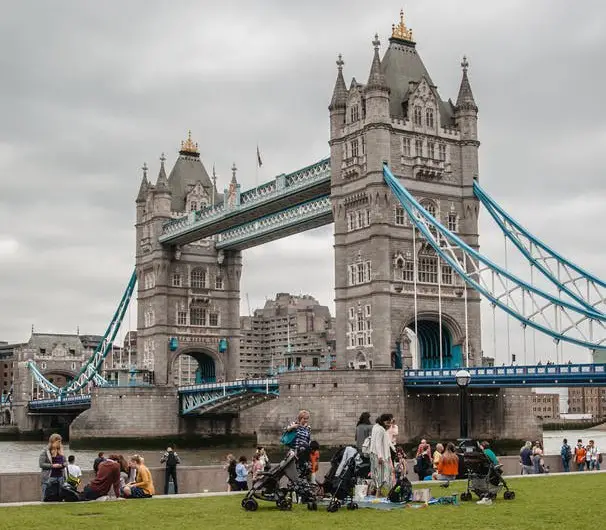A new study by Jonathan Haskel, a member of the Bank of England’s (BoE) Monetary Policy Committee notes that Brexit, the withdrawal of Britain from the European Union, has cost the nation £29 billion (more than $35 billion) in business investment, as it has slowed productivity.
According to the research, since the 2016 referendum was passed, the island nation has lost the equivalent of 1.3% of the nations’ gross domestic product, the equivalent of £1,000 ($1,221) per household due to the reduction in business investment growth.
Haskel noted that the gap between the current amount of business investments and those prior to 2016, rose to 2.8% of GDP, by the end of the BoE’s forecast period in 2026. He pointed out that “is very close to the 3.2% number we found using the totally different methodology based on goods trade volumes.”
According to Haskel, in the years following the decision to exit the EU, the nation’s private sector investment “stopped in its tracks.”
He also noted that immediately following the vote, the UK saw the trend over the previous six years begin to fall off, and it “suffered much more” compared to other industrialized economies.
The report comes on the heels of statements earlier this month by BoE policymaker Catherine Mann, noting that the UK’s withdrawal from the EU free-trade area was a key factor in the nation’s higher-than-average inflation.
Last year, UK inflation hit a four decade high of 11%, and although it has more recently fallen slightly to 10.5% as energy prices have fallen, it is still far higher than the BoE’s target rate of 2%.


